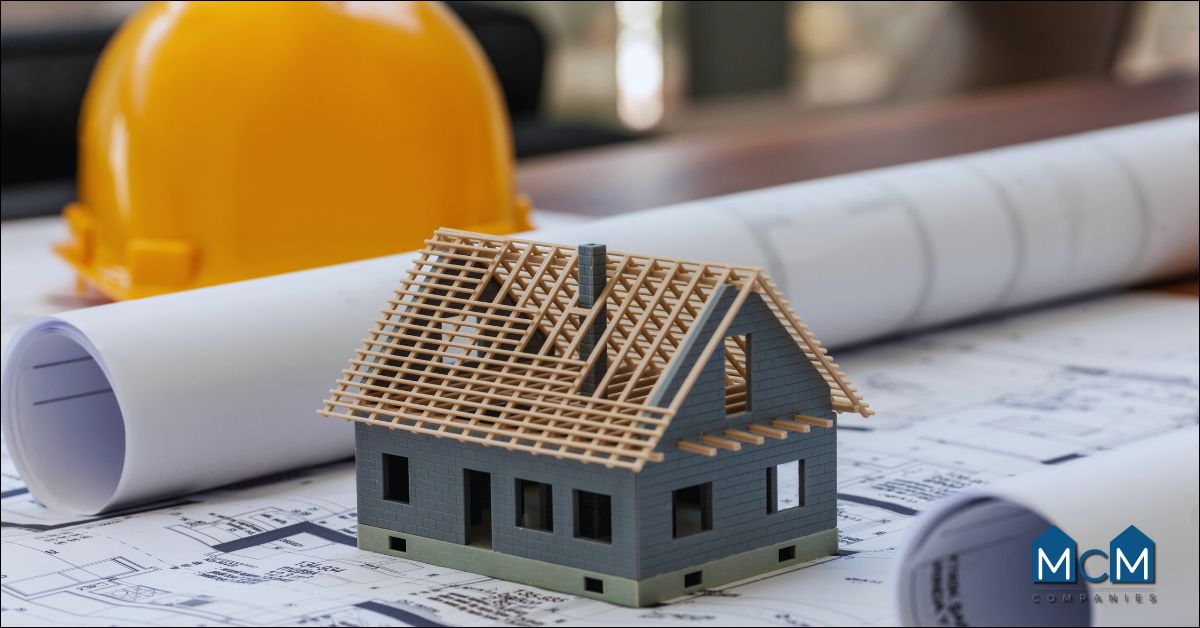The Durability and Maintenance of System-Built Modular Homes: What to Expect

System built modular homes have become a popular choice for many homeowners due to their efficiency, strong construction, and cost savings. But how well do these homes hold up over time, and what kind of care do they require
If you are considering buying a modular home or already live in one, this guide will help you understand how these homes are built, how long they last, and what maintenance they may need.
What Are System Built Modular Homes?
System built modular homes are houses built in a factory using controlled methods. They are constructed in separate sections called modules.
Once complete, these sections are transported to a building site and assembled on a permanent foundation. Unlike mobile homes, modular homes are permanent and must follow the same building codes as traditional houses.
How Are They Built?
The building process takes place indoors, where weather cannot cause delays or damage. Each module includes walls, floors, insulation, and wiring.
After building, the modules are carefully moved to the final location and connected together to create a complete home. This method improves efficiency and often reduces construction time and waste.
How Do They Compare to Traditional Homes?
Modular homes and traditional homes are often hard to tell apart once built. However, the construction process is different in several ways:
• Modular homes are built indoors, avoiding weather delays
• The build time is usually shorter
• Material waste is lower
• Quality checks happen more often in factory settings
These factors often lead to better control over costs and quality.
Are System Built Modular Homes Built to Last?
Modular homes are designed to handle transport and assembly, which means they need to be strong. The materials and methods used help create a home that stands up well over time.
In many cases, these homes meet or go beyond the standards required for traditional home construction.
What Materials Are Used?
Modular homes use solid materials that are chosen for their strength and efficiency. Common materials include:
• Engineered wood and steel frames
• High-quality insulation
• Moisture protection layers
• Long-lasting siding and roofing
Each material is tested and inspected during the building process to make sure it performs well.
What Seasonal Tasks Matter?
Different times of year call for different checks. Here are a few examples:
Winter
• Cover outdoor faucets
• Insulate pipes to avoid freezing
• Check for drafts around doors and windows
Spring
• Inspect the roof and siding for winter damage
• Clear leaves and debris
• Test air conditioning systems
Summer
• Seal any cracks in the foundation or siding
• Check for pest activity
• Clean and repair outdoor decks
Fall
• Clean gutters and remove fallen leaves
• Drain sprinkler systems
• Prepare your home for colder weather
Doing seasonal checks helps protect your home from weather damage and keeps everything running smoothly.
Why Are Inspections Important?
Regular inspections help catch small issues before they grow. Homeowners can perform simple checks on their own, but a professional home inspection every few years is also a good idea.
Professionals can spot things you might miss, such as wiring problems, plumbing issues, or early signs of structural damage.
Conclusion
System built modular homes offer dependable construction, lower maintenance costs, and long-term value. With the right care, these homes can match or even exceed the lifespan of traditional homes, often providing better energy efficiency and fewer repair needs along the way.
Staying on top of routine maintenance, addressing repairs early, and scheduling regular inspections can help you get the most out of your investment. If you're ready to explore your options or need expert guidance, contact MCM Communities to see how we can help you succeed with system built homes.
FAQs
How durable are system-built modular homes compared to traditional homes?
System-built modular homes are designed to meet or exceed the same building codes as site-built homes. Their controlled factory construction often leads to stronger joints and better resistance to weather and wear.
What type of maintenance is required for a modular home?
Maintenance for modular homes is similar to traditional homes—routine inspections, gutter cleaning, HVAC servicing, and checking for moisture or foundation issues are all recommended.
Do system-built homes hold up well over time?
Yes, with proper upkeep, system-built modular homes can last just as long as conventional houses. Many homeowners report decades of trouble-free living.
Are there any unique maintenance challenges with modular homes?
Most maintenance tasks are standard, but modular homes may require occasional checks on the seams between modules and any custom site-built additions for settling or shifting.
How can I extend the lifespan of my modular home?
To extend your home's lifespan, schedule regular maintenance, monitor for leaks or structural shifts, and use quality materials when making repairs or upgrades.
.svg)